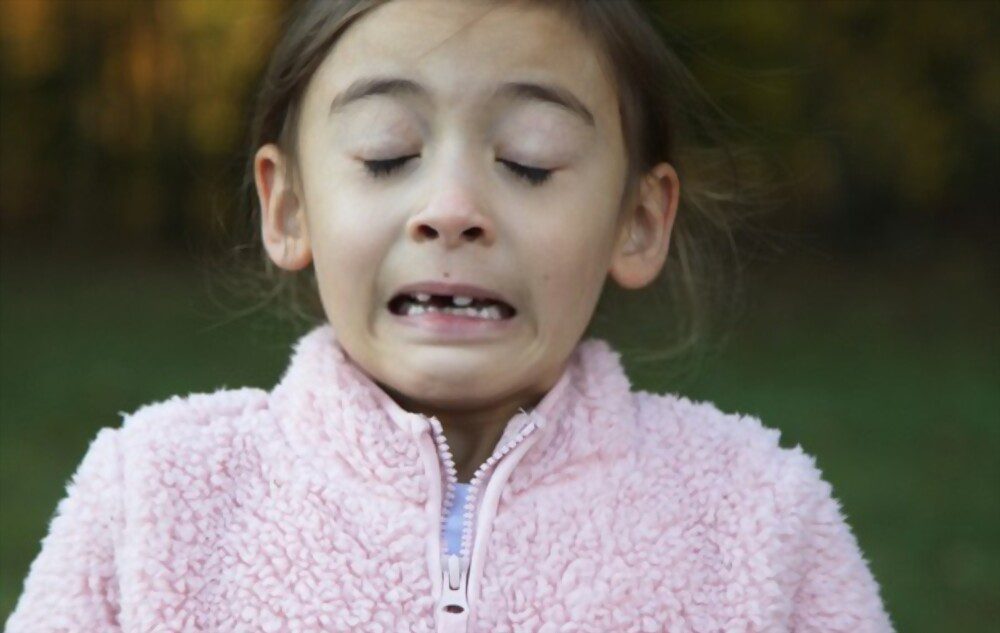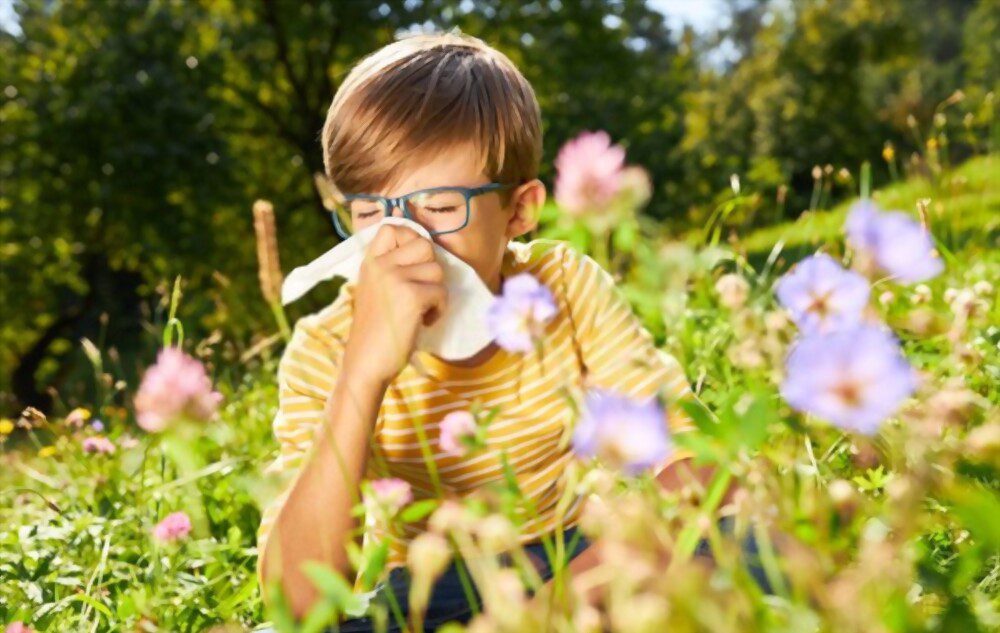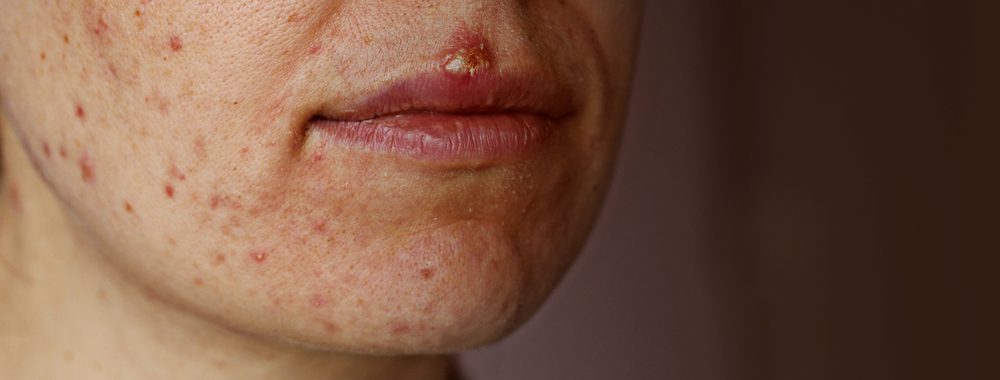Overview of Hay Fever
When the human body’s immune system observes and overreacts to something on the outside, then it leads to Severe Hay Fever symptoms that generally cause no issues in most persons.
Hay Fever, also known as Allergic Rhinitis, produces cold-like symptoms. For Instance, sneezing, running nose, coughing, itchy eyes, and sinus pressure. However, allergic rhinitis is not occurred by a virus, which is not as cold.
Allergic rhinitis is a common allergic condition that affects up to 1 in 7 persons at some point in their life.
Besides making you sad and anxious, allergic rhinitis can usually interrupt your life and affect your performance at work or your ability to do work.
However, you do not need to put up with disturbing and anxious symptoms, and a fever is not caused by Hay Fever. You can learn to avoid causes and find the correct remedy. What are allergies?
Hay Fever Symptoms
The symptoms of Hay Fever are in the following:
- Sore Throat
- Red, watery and itchy eyes
- Running nose and stuffy nose or Nasal Congestion
- Sneezing
- Cough
- Itchy nose, throat, the roof of mouth or palate
- Fatigue
- Swollen skin under the eyes


Hay Fever Causes
The symptoms of allergic rhinitis can start at a specific time in a year. Triggers include:
Seasonal
Seasonal allergic rhinitis can show symptoms in summer and spring. They are generally triggered by allergic sensitivity to airborne mold spores and fungi or pollens from grass, weed, and tree.
You can face allergic rhinitis symptoms and signs if you are allergic sensitive to pollen.
As part of the plant reproductive cycle, a fine powder is released by a plant which is called Pollen. It contains protein. It can affect the throat, nose, and eyes and make them irritated swollen, and inflamed.
Perennial
Symptoms of perennial allergic rhinitis can occur in whole years. It is usually happened by pet dander or hairs, dust mites, cockroaches, or mold spores. Perennial nasal symptoms are rarely caused by covered food allergies.
The nonallergic causes for rhinitis are irritants, for instance, cigarette or other smoke, cleaning products, diesel exhaust, perfumes, or other strong odors.


Preventions and treatment
There is no cure or treatment for grass fever, however, most people are capable to relieve symptoms and signs with treatment or medication, at least to a sure extent.
Hay fever can be controlled, with the most effective way of avoiding pollens. But it is tough to avoid pollens, particularly in the summers when you wish to spend a long time in nature.
Avoid the following triggers:
- Wash your hand after touching any animal or pet
- Use an air conditioner in your home and automobiles and keep windows closed throughout high pollen time or periods.
- Always use glasses during pollen periods when go outside to keep pollens out of eyes.
- Use a face mask always, to control and limit exposure to dust mites.
- Always take shower and change clothes when you come from outside to remove pollen on your body. There is also a kind of treatment for severe and constant Hay Fever, known as immunotherapy. To build resistance to allergy effects includes being exposed to a little amount of pollen over time. But this may take several months or maybe years to perform.








Leave a Comment